Bracing the UK food system for multiple shocks
Covid-19 is just the latest in a series of disruptions to the UK food system. Now is the time to build food system resilience against inevitable future shocks, says Dr Riaz Bhunnoo, Director of GFS.
Covid-19 is just the latest in a series of disruptions to the UK food system. Now is the time to build food system resilience against inevitable future shocks, says Dr Riaz Bhunnoo, Director of GFS.
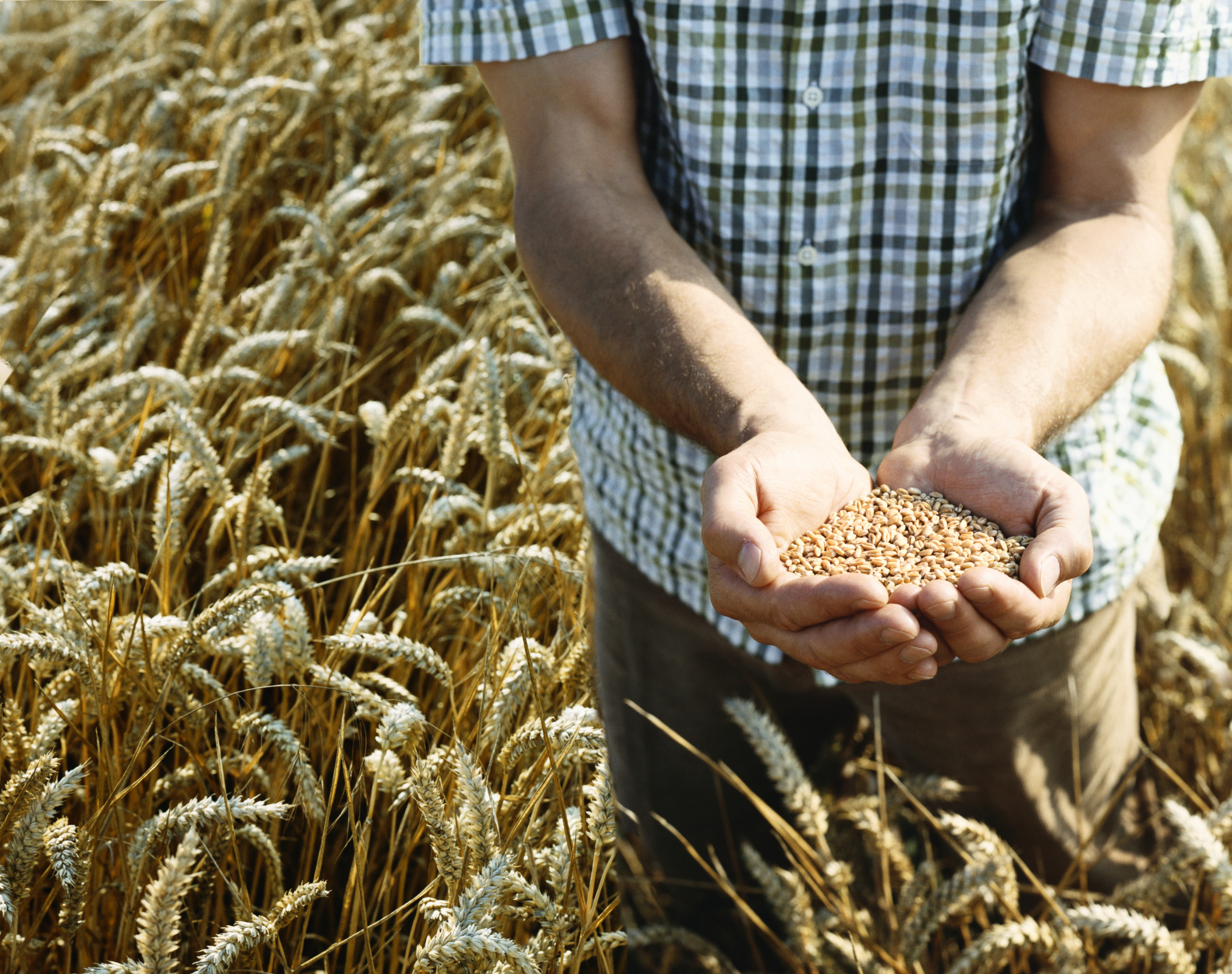
With a rapidly increasing global population set to reach 9.7 billion by 2050 coupled with environmental change, the challenge of feeding the world has never been greater. Making UK farming more resilient and sustainable will improve the UK’s ability to feed itself, while also benefitting the global food system more broadly.

Five innovation projects that directly seek to enhance food security have been shortlisted for the Biotechnology and Biological Science Research Council’s (BBSRC) prestigious Innovator of the Year awards. BBSRC leads on the Global Food Security programme, which is hosted by UK Research and Innovation.

More research is needed on the link between food security, climate change and conflict if we want to eradicate world hunger, says Director of GFS, Riaz Bhunnoo.
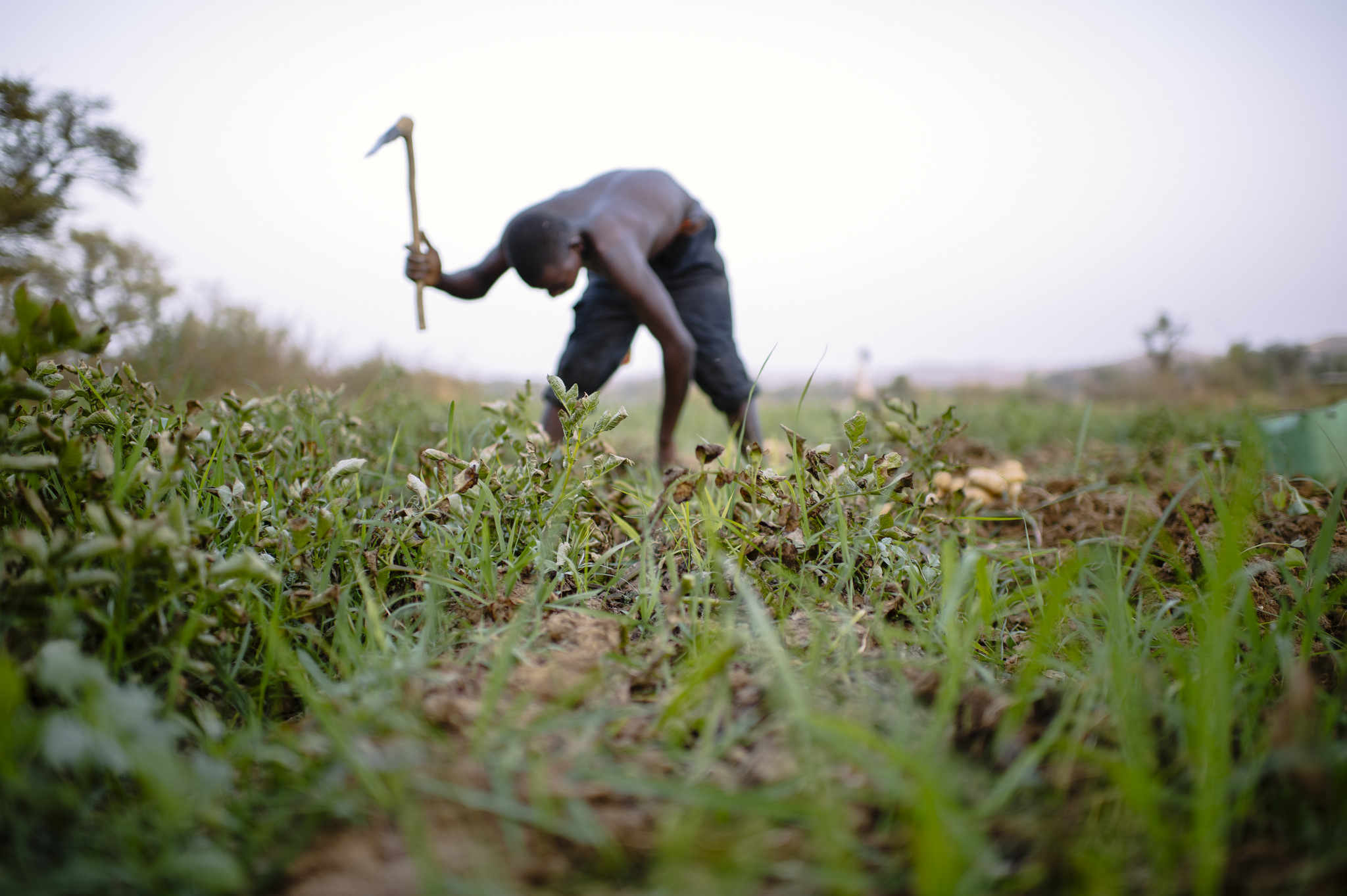
The new GCRF hubs call is a huge investment in interdisciplinary research, with plans to fund a dozen £8 million-£20 million grants to tackle some of the biggest challenges facing developing countries. Riaz Bhunnoo, Head of Global Food Security, explains why this presents a great opportunity for research in food security, which cuts across the Sustainable Development Goals (SDGs), and necessitates a ‘food systems’ approach.

The risk of extreme weather hitting several major food producing regions of the world at the same time could triple by 2040. This was the major finding from a GFS report on extreme weather and the food system, which was presented at the AAAS meeting and at the US Senate.
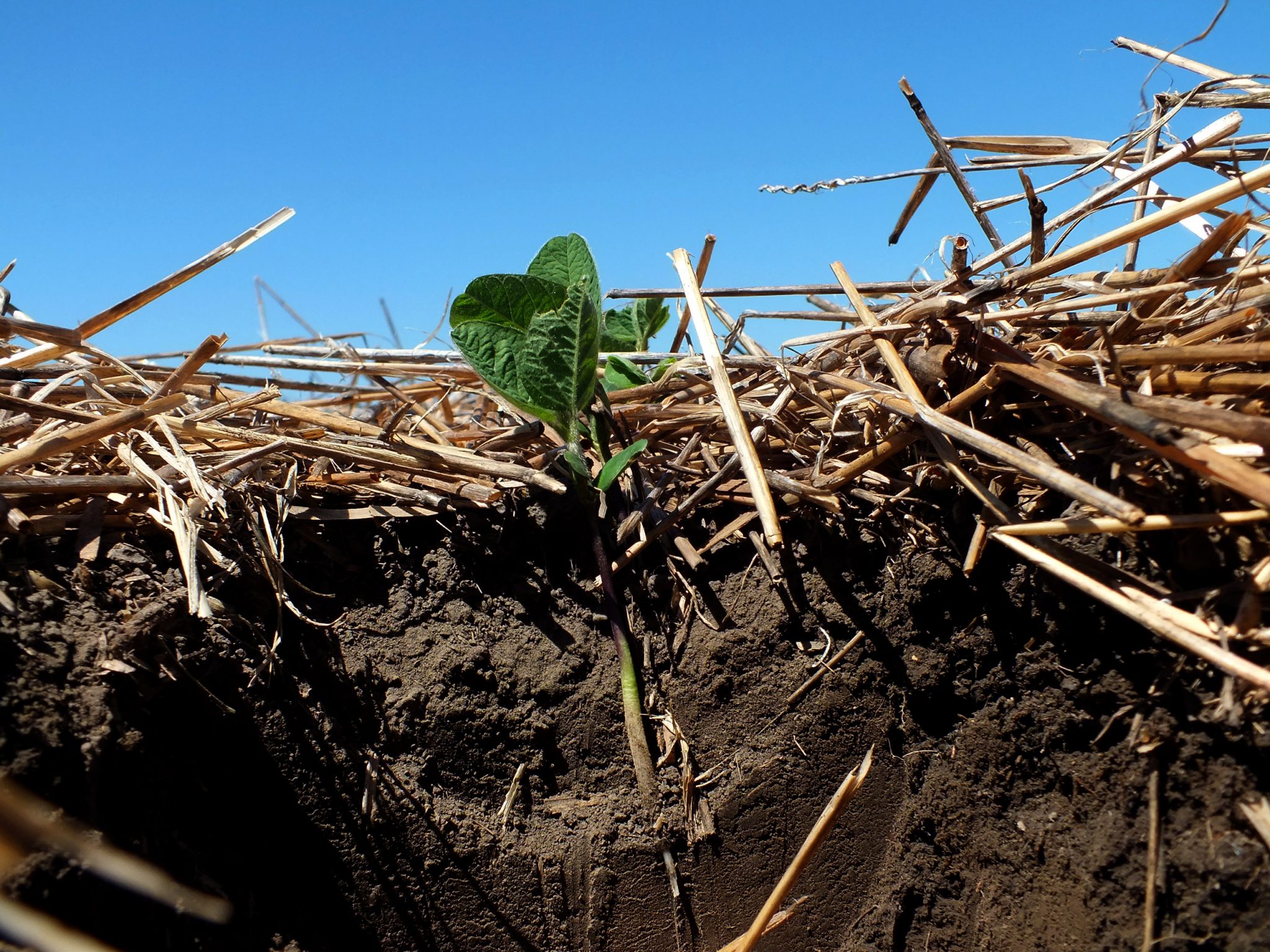
GFS has catalysed a strategic approach to soil science which has helped galvanise investment in research and training. UK soils are worth £5.3 billion to our economy – 2.2 million tonnes of topsoil is lost each year in the UK costing farmers £9 million.
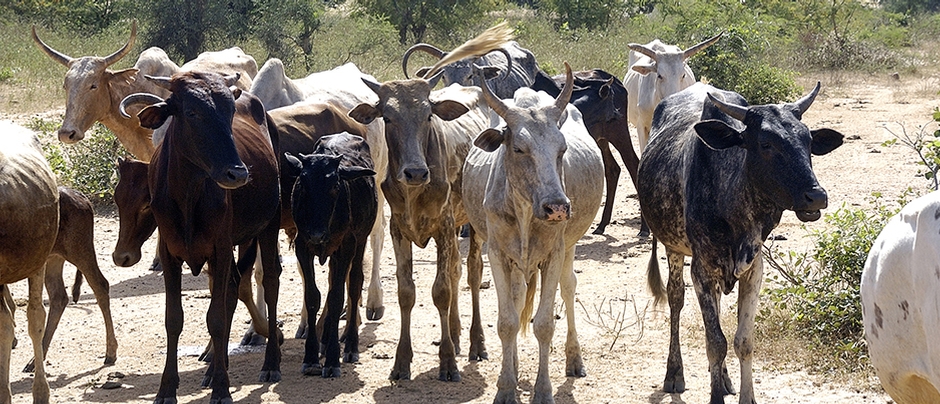
GFS has helped facilitate an £18.5 million multidisciplinary research initiative to help protect animal and human health in the face of emerging livestock farming systems. Meat demand is predicted to rise by 40% in 2030 and there are significant risks to health associated with the rapidly changing nature of livestock farming systems to meet demand: 60% of human pathogens and 75% of emerging diseases are zoonotic.
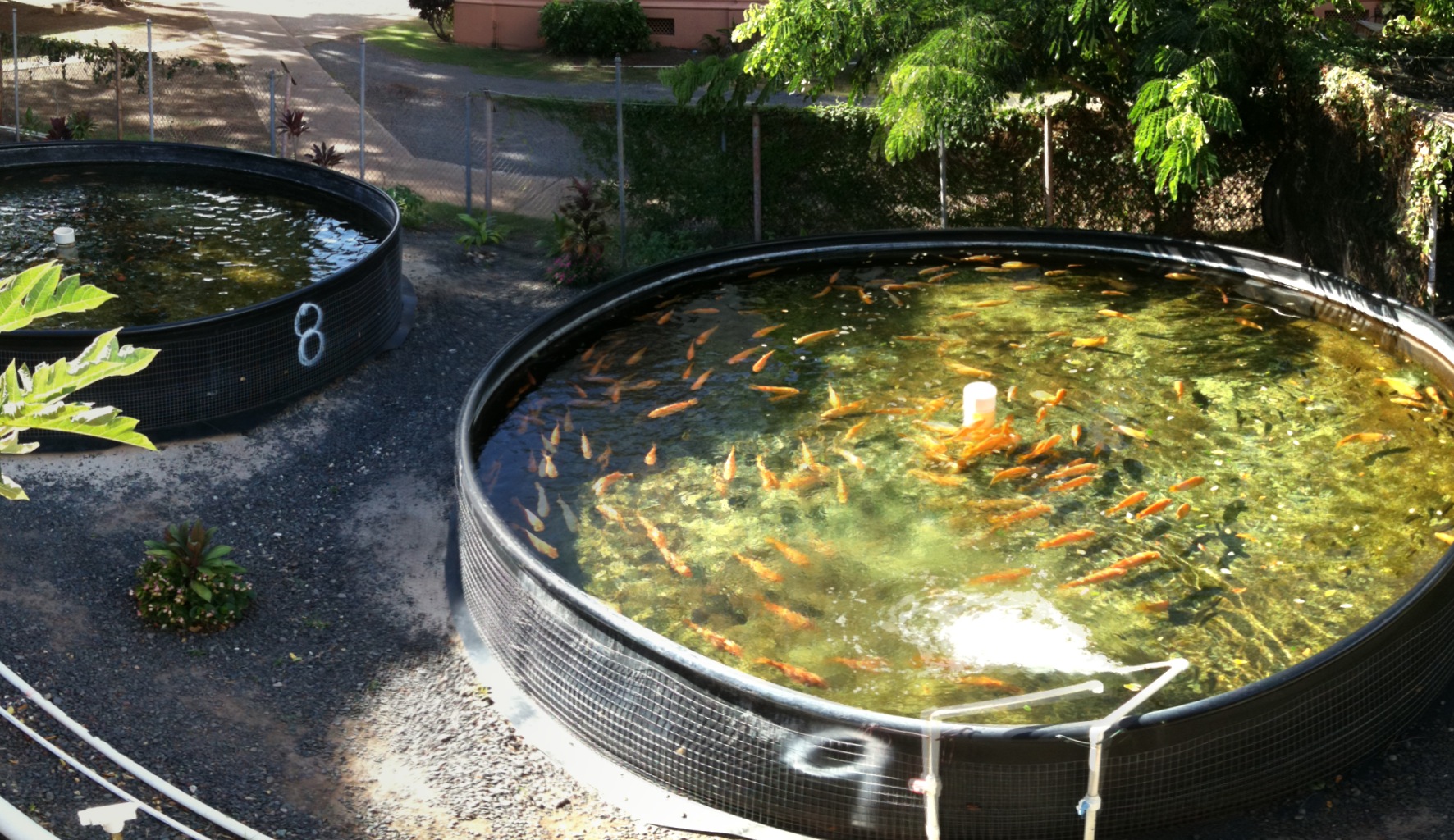
GFS has helped catalyse joint investments in aquaculture, an industry which produces 46% of the total food fish supply, is worth £71 million ($106 million) and has the potential to relieve the strain on wild ocean fish stocks.
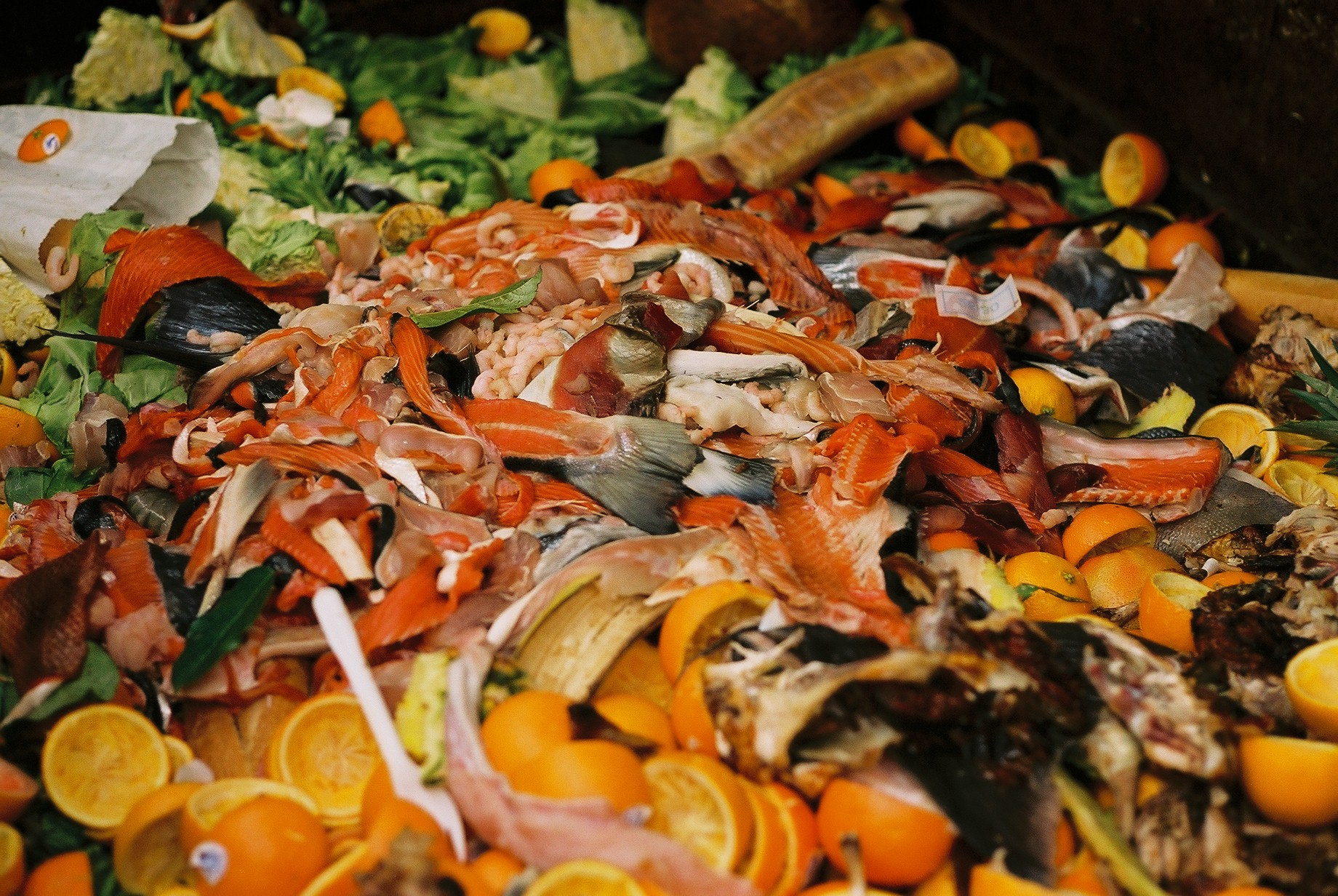
A GFS report on ‘Food Waste within Global Systems’ reached over 22 million people through radio, newsprint, social media, and TV. UK households throw away the equivalent of 24 meals a month, adding up to 4.2 million tonnes of food and drink every year that could have been consumed, at an annual cost of £720 per household.
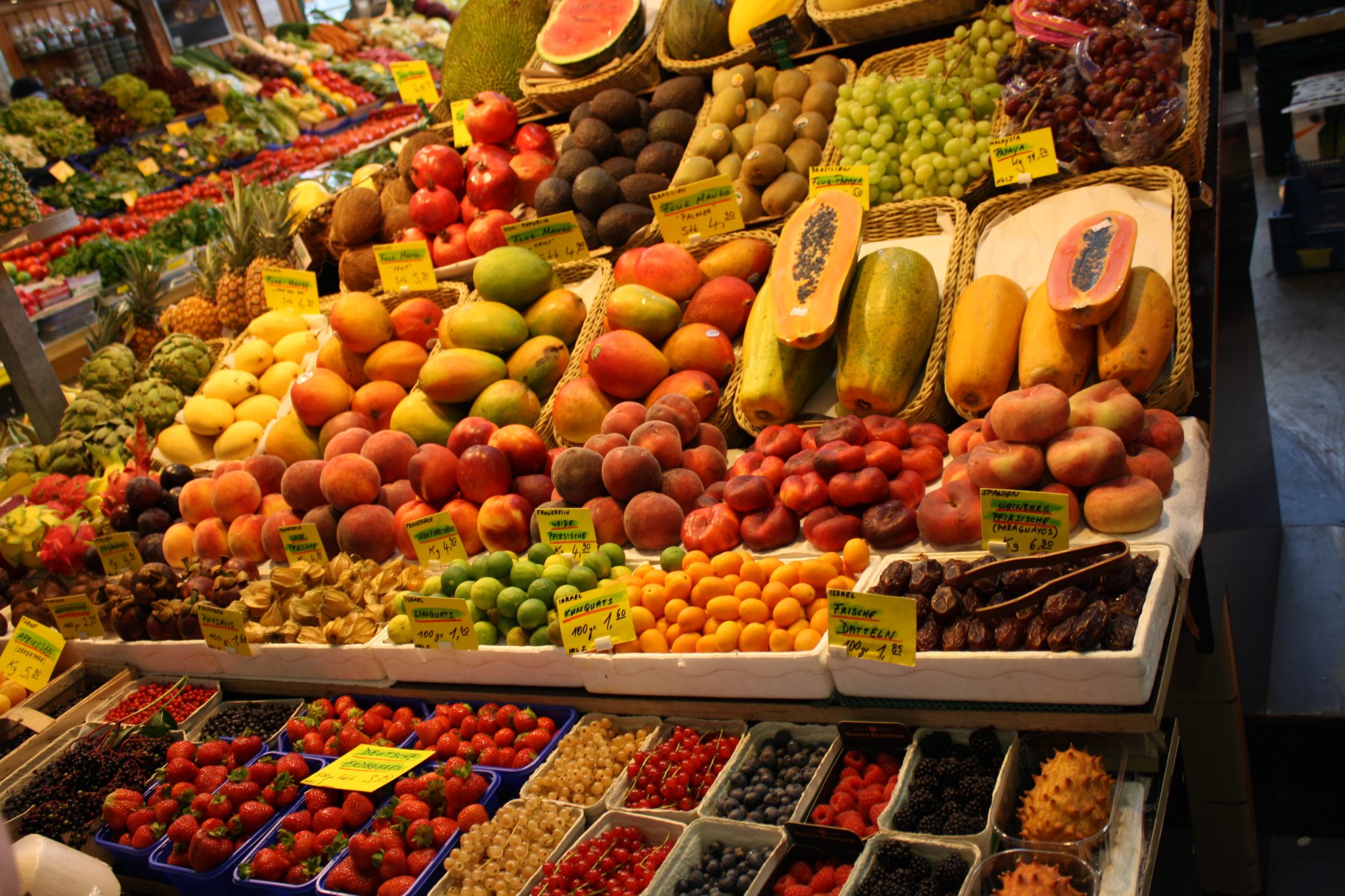
GFS has played a leading role in discussions around the EU’s food security research priorities through the Expo event: Feeding the Planet, Energy for life. GFS led on the ‘EU research and global food and nutrition security’ discussion paper as part of an EU Scientific Steering Committee. This paper served as the basis for dialogue on food security research priorities with stakeholders at the Expo event.

Head of Global Food Security (GFS) Riaz Bhunnoo outlines the programme’s plans and policies for the future.